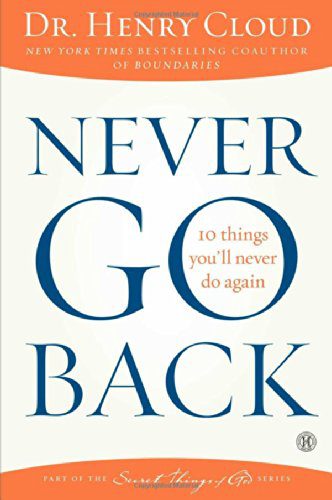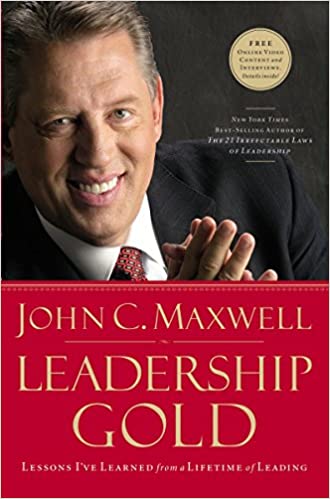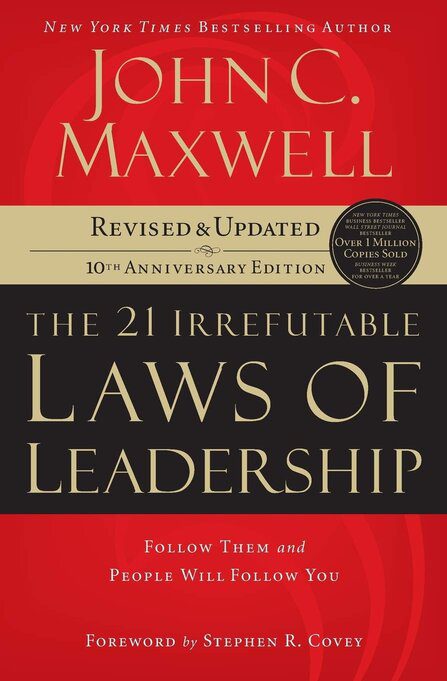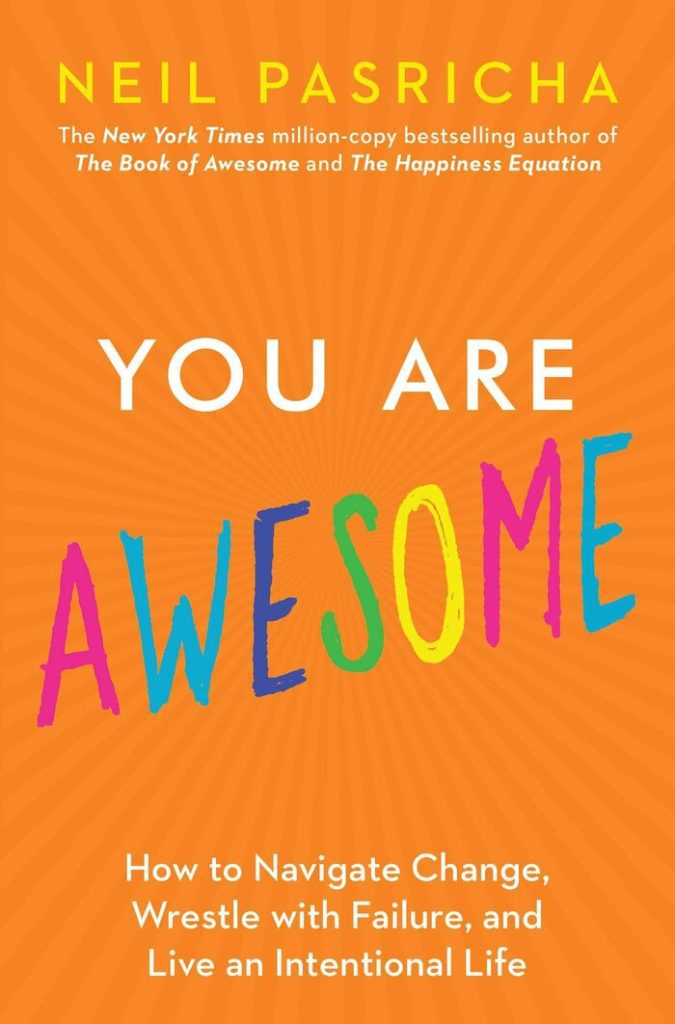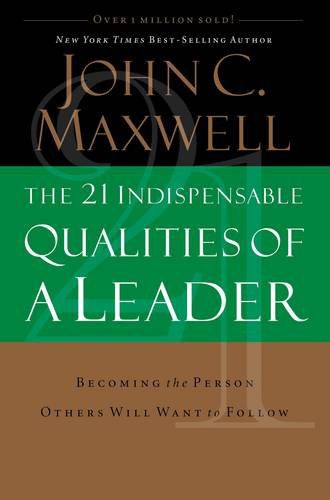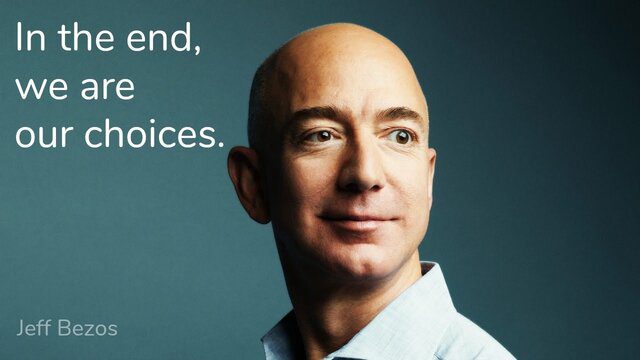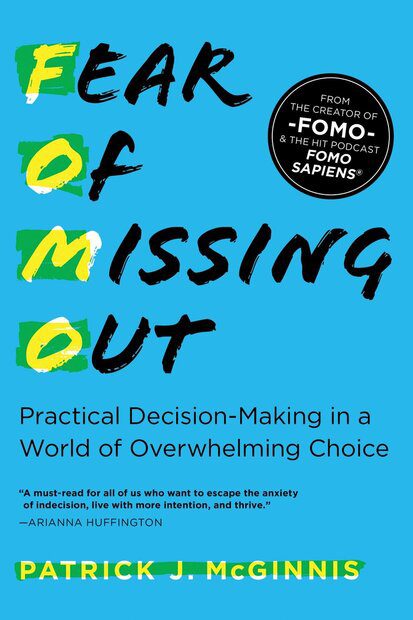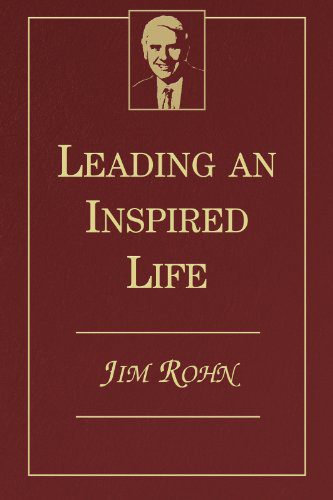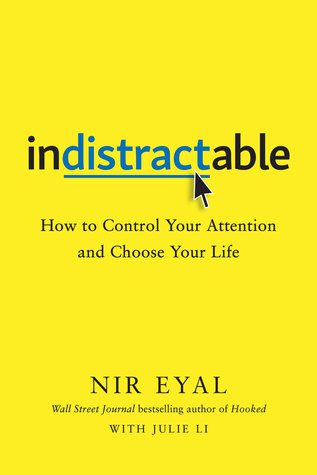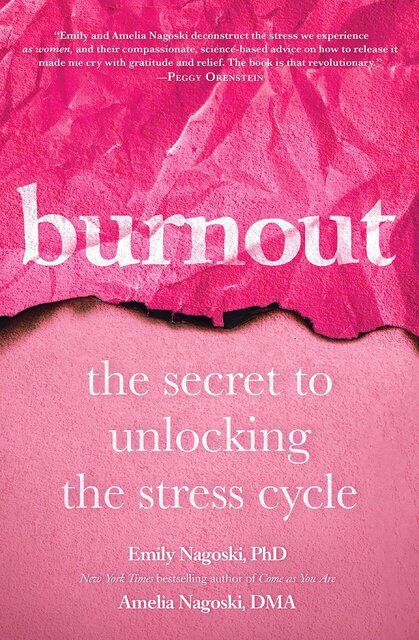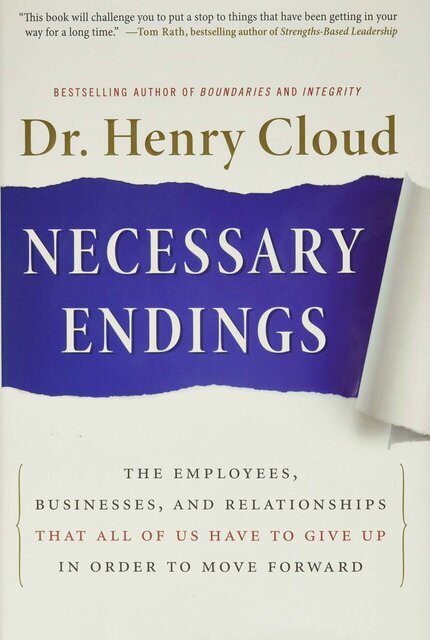In Never Go Back, bestselling author Dr. Henry Cloud shares ten doorways to success. The 10 principles of never going back includes never:
1. Return to what hasn’t worked
2. Do anything that requires you to be someone else
3. Try to change another person
4. Believe that you can please everyone
5. Choose short-term comfort over long-term benefit
6. Trust someone or something flawless
7. Take your eyes off the big picture
8. Neglect to do due diligenc e
9. Fail to ask why you are where you are
10. Forget that your inner life produces your outer success
Theme – Never Go Back
There are certain awakenings that people have—in life and in business—that once they have them, they never go back to the old way of doing things. And when that happens, they are never the same. In short, they got it .
Once we intellectually understand what we should never do again, how do we actually change? It’s one thing to “understand”; it’s quite another to live out that understanding. Unfortunately, we humans often repeat the same mistakes over and over again.
When we go through certain doorways of understanding, we never go back to our old way of seeing things
